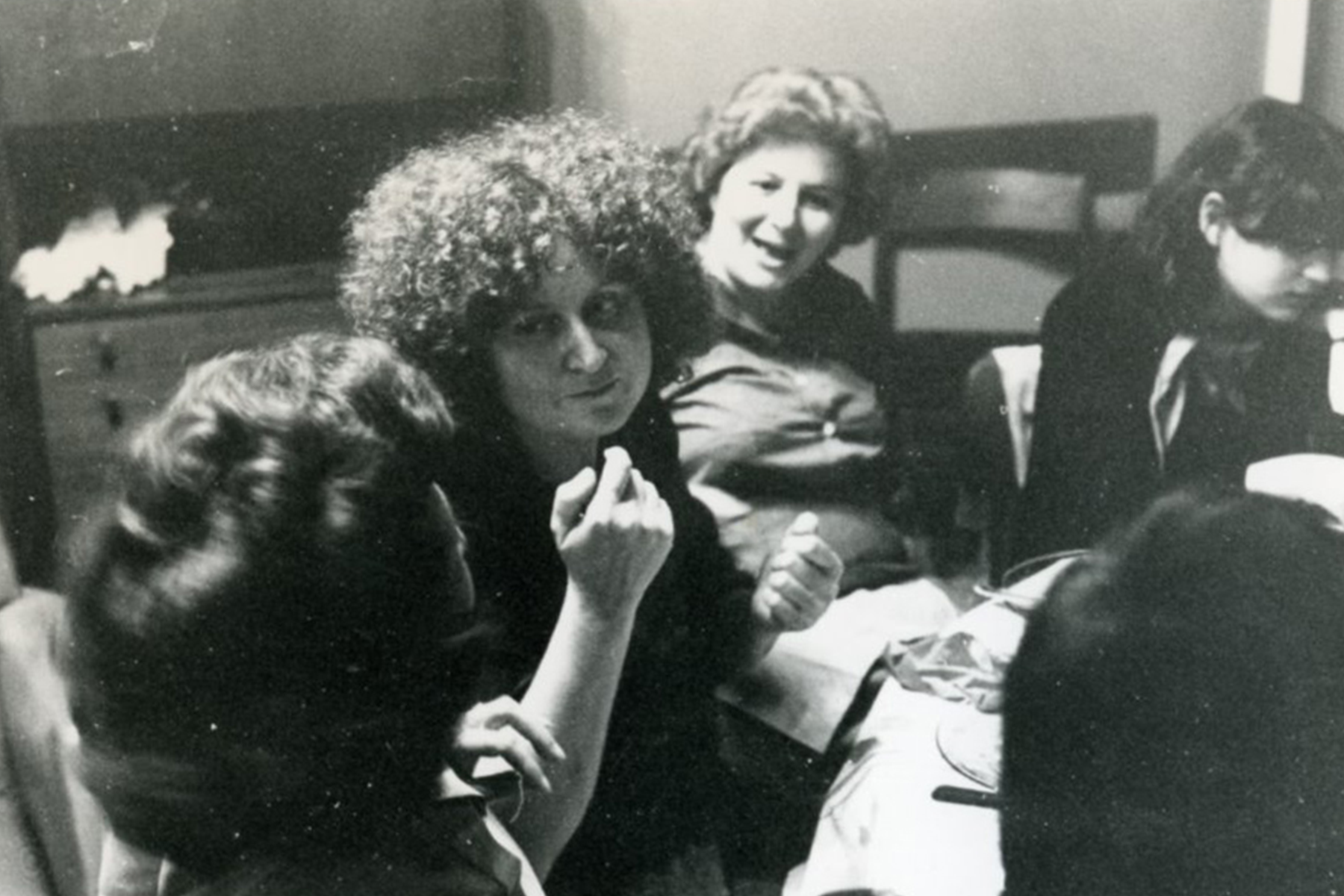grazerkunstverein
(Screening)
Scuola Senza Fine
Adriana Monti
14/06 - 02/07/2023
Scuola Senze Fine (School Without End; 37 min., 1983) was made in collaboration with students from the adult education 150 Hour Secondary School diploma course with whom Adriana Monti had been working for a year.
The 150 Hours Courses were an educational experiment implemented in Italy beginning in 1974, available to factory workers and farmers initially, and expanding to include women a couple of years later. The courses were non-vocational; they were not intended to improve one’s productivity at work, but rather to allow for personal and collective growth. The courses sought to help workers reflect not only upon their working conditions but also on their lives.
The film shows how the experiment extended into the lives of women taking the course, most of whom were housewives. The film was produced in collaboration with these students as part of their studies for the class, turning the curriculum’s questions about the representation of women into questions about the representation of themselves. After the group of former housewives had completed their 150-hour secondary school diploma course in 1976 they did not want to stop learning. With the help of their teacher, they formed a study and research group. Monti shot the film about them from 1979–1981, with the first half of it being made collectively by the group.
Scuola Senza Fine is shown in the context of The Work We Share, a film program of ten newly digitized films from the Cinenova collection. Produced between 1972 and 1994, the films address oppositional histories and questions of difference through the lenses of gender, race, sexuality, health, and community.
The Work We Share gathers a number of films that previously existed in precarious conditions, in some cases, with negatives being lost or distribution film prints being the only copy. This program intends to acknowledge Cinenova’s interdependency: from organization to filmmakers, cultural workers, communities, and individuals. How can we acknowledge our interdependent relationships? How can we recognize our place in a network of communications, relationships, and resources, particularly as an un-funded volunteer organization? What different strains of labor does our work rely on? How do we sustain this work mutually?
Cinenova is a volunteer-run charity preserving and distributing the work of feminist film and video makers. It was founded in 1991 following the merger of two feminist film and video distributors, Circles and Cinema of Women, each formed in 1979. Cinenova currently distributes over 300 titles that include artists’ moving image, experimental film, narrative feature films, documentary, and educational videos made from the 1910s to the early 2000s.
Adriana Monti (b. 1951, Italy) is an Italian-Canadian independent producer, feminist filmmaker, and author. She started her career in Italy in the late 1970s by developing a collaborative and experimental style that allowed the women who were the subjects of her research to take an active and creative role in her films. Monti founded the experimental film school Lanboratorio di Cinematografia – Albedo, where she taught and managed while she was finishing Scuola Senza Fine in 1983. She also taught film history and film production at the Women’s Free University and the Film and Television School in Milan. Monti moved to Canada in 1996, where she worked for fifteen years as a reporter and story producer at OMNI Television Rogers Media and started her own company A&Z Media Ltd.
01Adriana Monti, Scuola Senza Fine (still), 1983. Courtesy of the artist and Cinenova.
